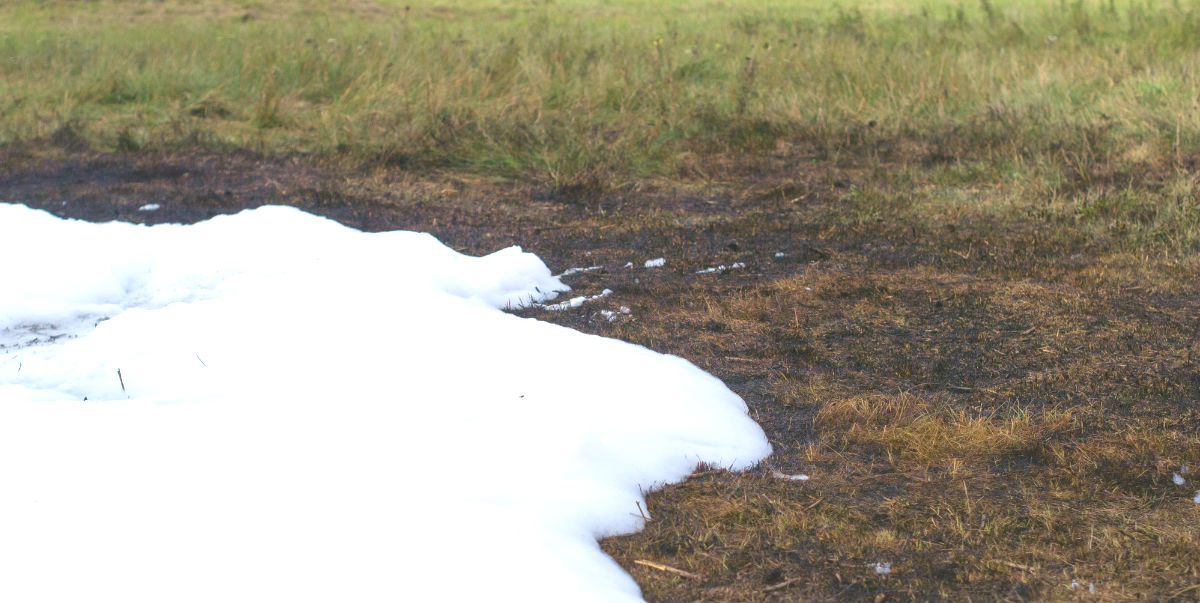The dangerous class of nonstick chemicals called “PFAS” contaminates drinking water, communities, and people across the United States. One of the culprits: PFAS put into firefighting foams used at airports as required by the Federal Aviation Administration (FAA). The FAA requirement means that these foams remain a big concern when it comes to PFAS pollution, unnecessarily exposing communities and firefighters to the dangerous chemicals.
Congressional Action, FAA Inaction
The good news is that following Washington state’s ban on the sale of PFAS firefighting foams last year, Congress directed FAA to allow airports to use PFAS-free foams. Unfortunately, despite the availability of non-PFAS firefighting foams and a desire on the part of some airports to stop using the foam altogether, FAA has been slow to respond and a timeline for action is unclear.
This delay unnecessarily puts firefighters, drinking water, and people who depend on that drinking water at risk. The longer we wait for action, the more PFAS foams are likely to contaminate the environment and people and the higher the cleanup and healthcare costs will be. With safer and effective PFAS-free alternatives currently in use at airports around the world—including major airports like London’s Heathrow—FAA should move quickly to allow U.S. airports to switch.
FAA Must Turn Off Tap
In response to FAA inaction, today 40 national and state environmental health organizations sent a letter to FAA Administrator Elwell urging the following:
- Provide a timeline and plan for allowing the use of PFAS-free foams.
- Allow airports to invest in safer PFAS-free foams now for the purposes of showing they comply with FAA aircraft rescue and firefighting equipment requirements.
- Issue guidance for airports on using PFAS-free foams.
- Help airports transition to PFAS-free foams in advance of any regulatory changes.
Read the entire letter here.
As the tragic consequences of PFAS contamination are lived in communities across the country, and federal and state governments spend billions of taxpayer dollars to clean up the mess, FAA needs to turn off the spigot of these foams. We need to give cleanup efforts a fighting chance and move closer to the end of the nonstick nightmare.




